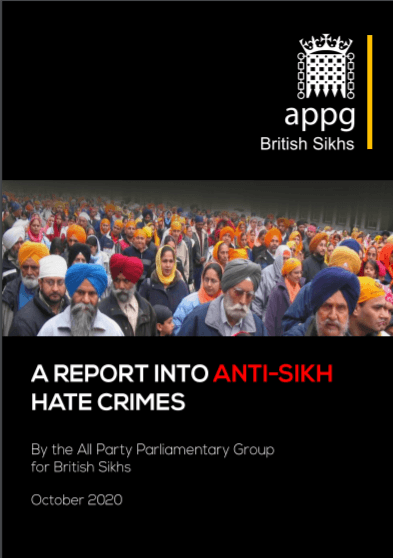
At the AGM of the APPG for British Sikhs earlier this year, Chair Preet Gill MP, announced that the group would be looking to address the issue of hate crime against Sikhs. It was agreed that APPG would work with the NSO, given we had already done much work in this field.
We wrote to Preet Gill on 12th October 2020 to remind her of her commitment to work with us and shared information about the progress we’ve made on hate crime. The commitment to build on what already exists for the benefit of the UK Sikh community was regrettably (but unsurprisingly) ignored. The APPG, which primarily involves the Sikh Federation UK (SFUK) and its affiliates like The Sikh Network (and one of the two co-existing Sikh Council UK’s) are ignoring what has previously been achieved, to suggest that they are pioneers in the fight against hate crime.
Their statements not only show a lack of understanding of the nature of hate crime, but more seriously, an appalling ignorance of basic Sikh teachings. Moreover, the definition that they have proposed for ‘consultation’ is not only ambiguous, it absurdly does not include the post 9/11 backlash faced by Sikhs across the West in so called ‘mistaken identity’ or ‘Islamophobic’ attacks.
The reason we are not surprised by the behaviour of the APPG, lies in their limited contact with the wider Sikh community. The Chair of the APPG works closely with Dabinderjit Singh as an advisor. He also happens to be ‘principal advisor’ to the SFUK. The Chair and a member of her family are prominent in a group called The Sikh Network which is also linked to the SFUK. Some ‘team’ members of one of the coexisting Sikh Council UK’s – another group linked to SFUK, and favoured by the APPG also happen to be members of The Sikh Network ‘team’.
Mathematics
There are some question marks about the mathematics being used by the APPG in recent reports on hate crime. We are not too sure how they’ve come to suggest hate crime against Sikhs has increased 70% year on year.[i]
We’ve looked at the Home Office figures being referenced in media reports. They show the number and proportion of religious hate crimes recorded by the police by the perceived targeted religion for, 2019/20 and 2018/19.
For the most recent year the figure for ‘Sikh’ is 202 and for the previous it is 188. That is an increase of 14 incidents from 2018/19. 14/188 multiplied by 100 = 7.4%
We asked Preet Gill how the APPG came to the 70% figure and she responded:
‘Please can you confirm who this email is written by, and signed off by. Please provide name and details.’
Why ignore basic Sikh teachings?
The groups involved are ignoring the basic Sikh teaching of sarbat da bhalla in in seeking to establish a legal definition of hate crime against Sikhs. Sikh teachings require us to look at the wider picture. Rather than looking inward, the NSO has protested the government’s bias approach in this area in solidarity with other faiths who’ve been marginalised, as well as those of no faith. There should be a level playing field for everyone.
Our Director referred to this in the Lords, in a discussion on Islamophobia, when Baroness Warsi was pressing the government to accept a controversial definition of ‘Islamophobia’ that has the potential to stifle discussion of issues like Muslim grooming gangs, Islamic extremism and aspects of history, like Mughal persecution of minorities. This includes the martyrdom of our Gurus. With former Chief Rabbi Jonathan Sacks, sitting next to him, and Baroness Warsi in the row in front. Lord Singh said:
My Lords, emotive definitions such as Islamophobia are simply constraints on freedom of speech. A phobia is a fear, and the best way to combat irrational fear or prejudice suffered by all religions and beliefs is through healthy, open discussion. Will the Minister endorse the commitment given last week by Heather Wheeler, Under-Secretary of State for Foreign and Commonwealth Affairs, to protect all religions and beliefs without fear or favour?
The Minister fully agreed as did the rest of the House in loud appreciative ‘hear hears’.
This timely intervention supported the legitimate free speech concerns raised by several prominent individuals and a number of organisations (including the NSO) resulted in Baroness Warsi’s failure in her attempt to impose a divisive definition on the House. The government rejected it. Now the APPG for British Sikhs and their followers want to ignore the thrust of our Gurus’ teachings and go down the same path. In urging the APPG to be consistent with Sikh teachings and work with others with experience in the field, we are highlighting some of the progress made by the NSO.
- It was the NSO who found that crimes against Sikhs and others are being recorded under ‘Islamophobic hate crime’ in London – research appreciated by Christians, Hindus, Atheists and others.
- It was the NSO that pushed back against ‘Action Against Hate’ (2016) for marginalising the non-Abrahamic faith communities in favour of Abrahamic faiths.
- It was the NSO that influenced (through giving oral and written evidence to the Home Affairs Select Committee) policy when the government made a commitment to support Hindus and Sikhs in reporting hate crime.
- The NSO pushed back against a controversial ‘Islamophobia’ definition which would have risked censorship of important chapters in Sikh history – like the martyrdom of Guru Tegh Bahadur.
- It was the NSO that has worked alongside Galop over the summer and collaborated with other organisations, the police and policy makers in #TogetherAgainstHate2020. We could go on.
A Sikh perspective on hate crime
We should be true to our Gurus’ teachings in all we do as Sikhs. This requires us to look beyond concern for ourselves, to sarbat da bhalla, in this case to all who suffer from so-called ‘hate crime’.
The important point from Lord Singh’s contribution was that fear and prejudice, sometimes seen as hatred, arises from ignorance. It is therefore important to work actively to remove widespread ignorance of Sikhism and Sikh teachings. This is important because of the ongoing conflation of Sikh identity with that of images of Islamic extremists – be it Bin Laden, ISIS or the Taliban. If the APPG still want to go down the legally recognised definition route, then it’s frankly absurd not to include the post 9/11 element.
Our Guru’s taught us a distinct and enlightened way of life which we must put to the fore in turning ignorance and prejudice into respect and appreciation. While we should be resolute in reporting and tackling unacceptable hate crime, we have much to do in educating the wider community about who we are. Our Guru given values are a powerful vehicle for turning latent prejudice to appreciation and communal harmony.
Reports indicate the APPG are requesting the government, ‘financially supports the work of the Sikh Network and Sikh Council to track hate crimes against their community with start-up grants and annual funding for the next three to five years.’[ii] We think there may well be a conflict of interest here, given some individuals involved in the organisations for which funding has been requested, have links (including familial) with the APPG chair.
We asked Preet Gill to respond to this point. She said:
‘Please can you confirm who this email is written by, and signed off by. Please provide name and details.’
We will be highlighting our concerns about this with relevant government departments.
Now the SFUK who have used the APPG as a vehicle to promote their partisan agenda have failed in their ill-conceived Sikh ethnic tick box campaign, they will be desperate to regain credibility with the broader Sikh community, and the government in other areas. The APPG for British Sikhs may well choose not to work with us, nor learn from the progress and recognition we’ve achieved on hate crime. If so, this only continues to emphasize a non-inclusive, narrow, and limited way of working. The fact that our Director was elected as treasurer for the APPG simply adds insult to injury.
[ENDS]
[i] https://labourlist.org/2020/10/labour-led-parliamentary-group-calls-for-action-to-combat-anti-sikh-hate/
[ii] https://labourlist.org/2020/10/labour-led-parliamentary-group-calls-for-action-to-combat-anti-sikh-hate/


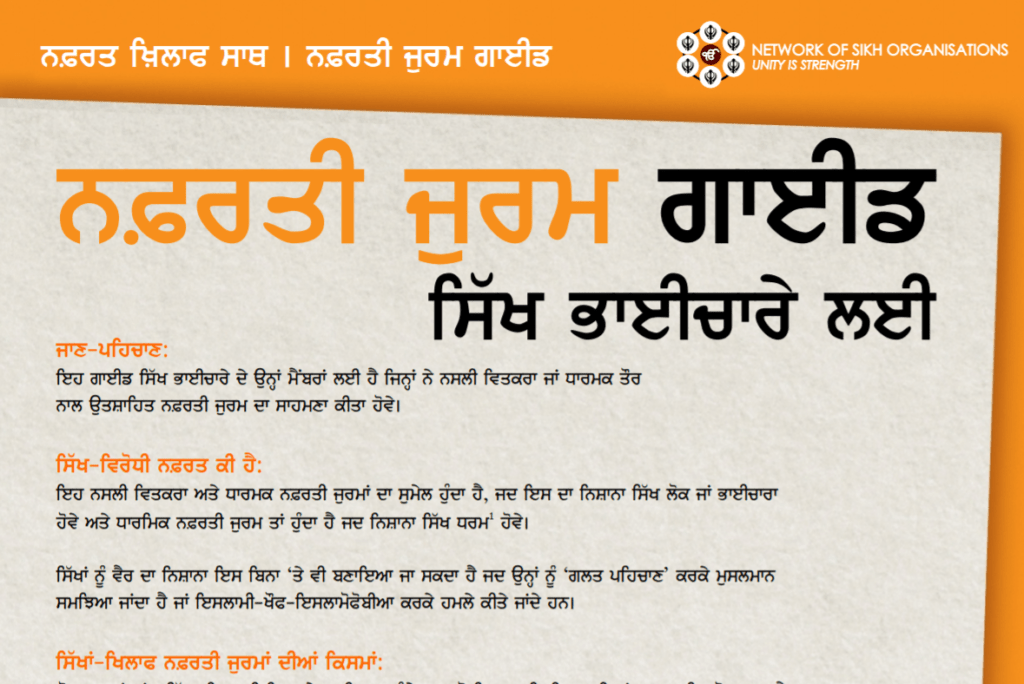
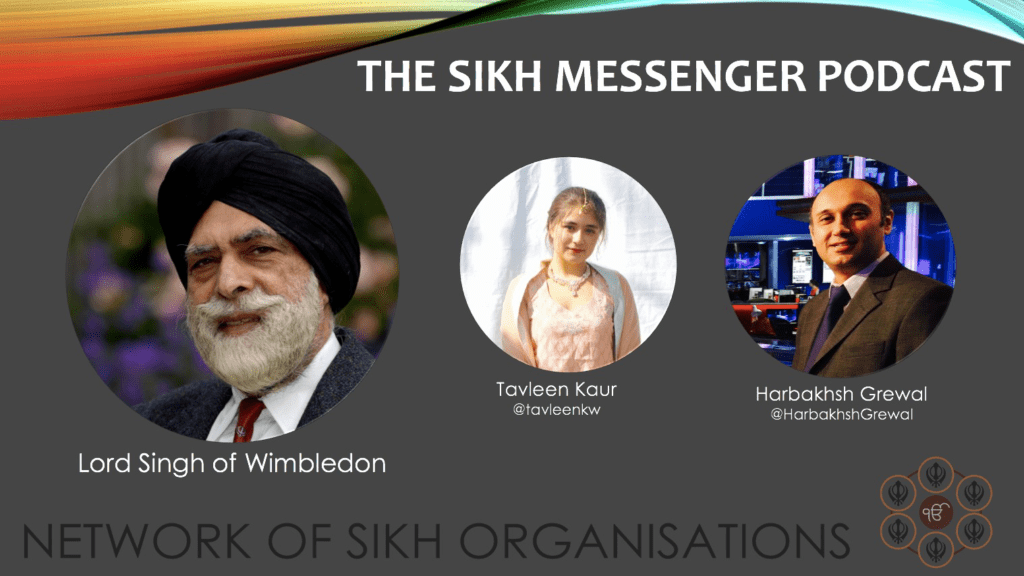
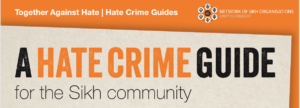
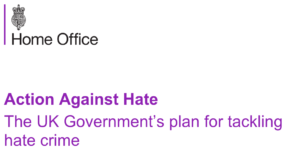
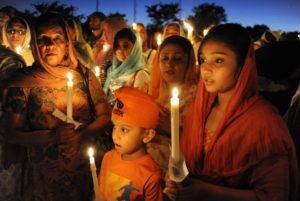
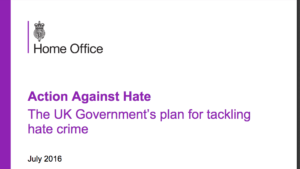 Earlier this week Lord Singh contributed to a debate following a motion tabled by minister Lord Bourne, ‘That this House takes note of the challenges posed by religious intolerance and prejudice in the United Kingdom.’ The debate coincided with the launch of the government’s ‘refresh’ of Action Against Hate (2016) their four-year hate crime plan.
Earlier this week Lord Singh contributed to a debate following a motion tabled by minister Lord Bourne, ‘That this House takes note of the challenges posed by religious intolerance and prejudice in the United Kingdom.’ The debate coincided with the launch of the government’s ‘refresh’ of Action Against Hate (2016) their four-year hate crime plan.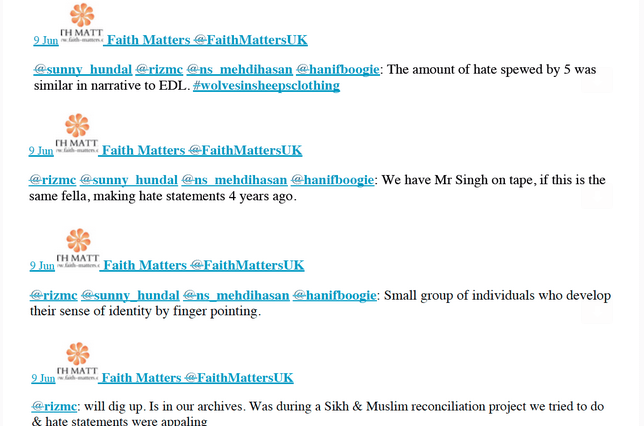
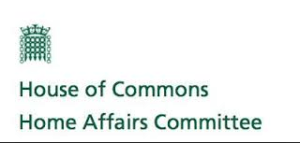 The Home Affairs Committee inquiry into hate crime and its violent consequences have published our second piece of written evidence which can be viewed
The Home Affairs Committee inquiry into hate crime and its violent consequences have published our second piece of written evidence which can be viewed 